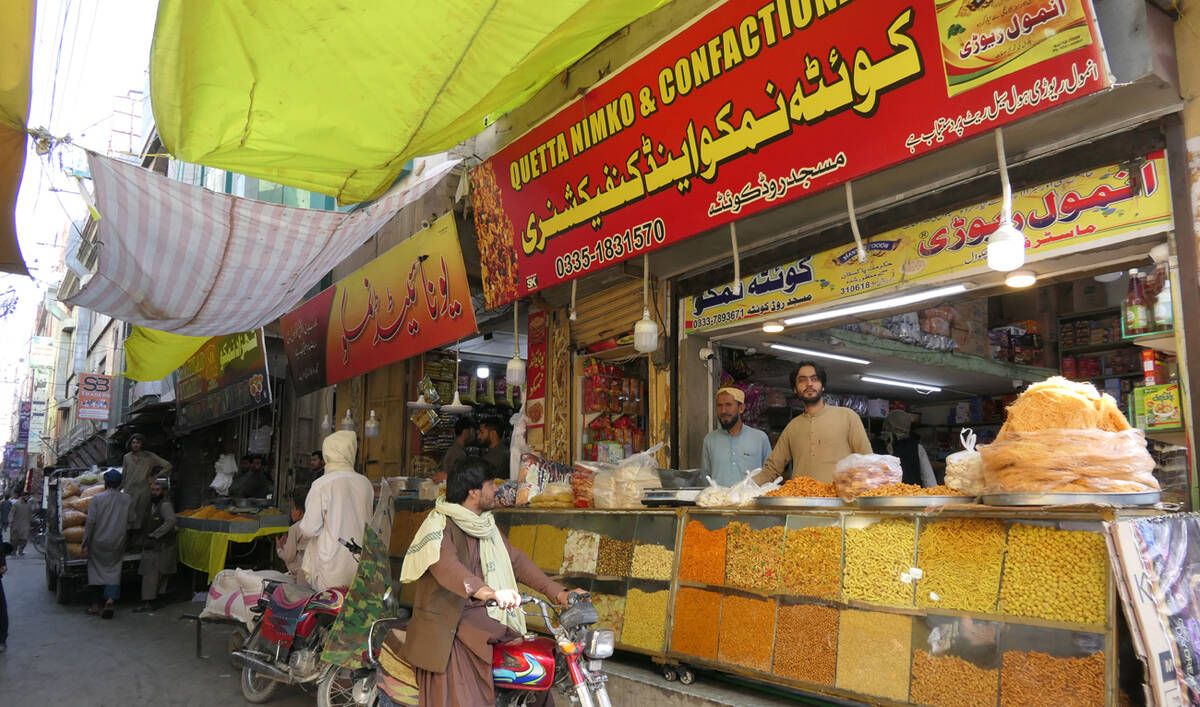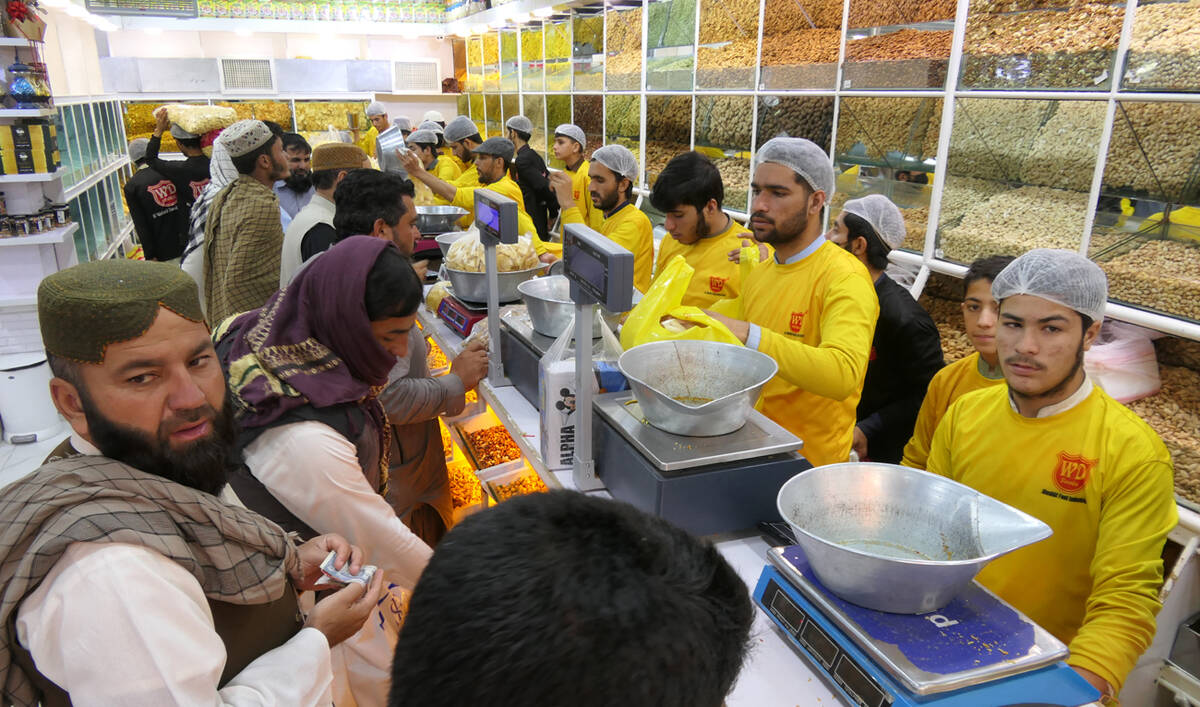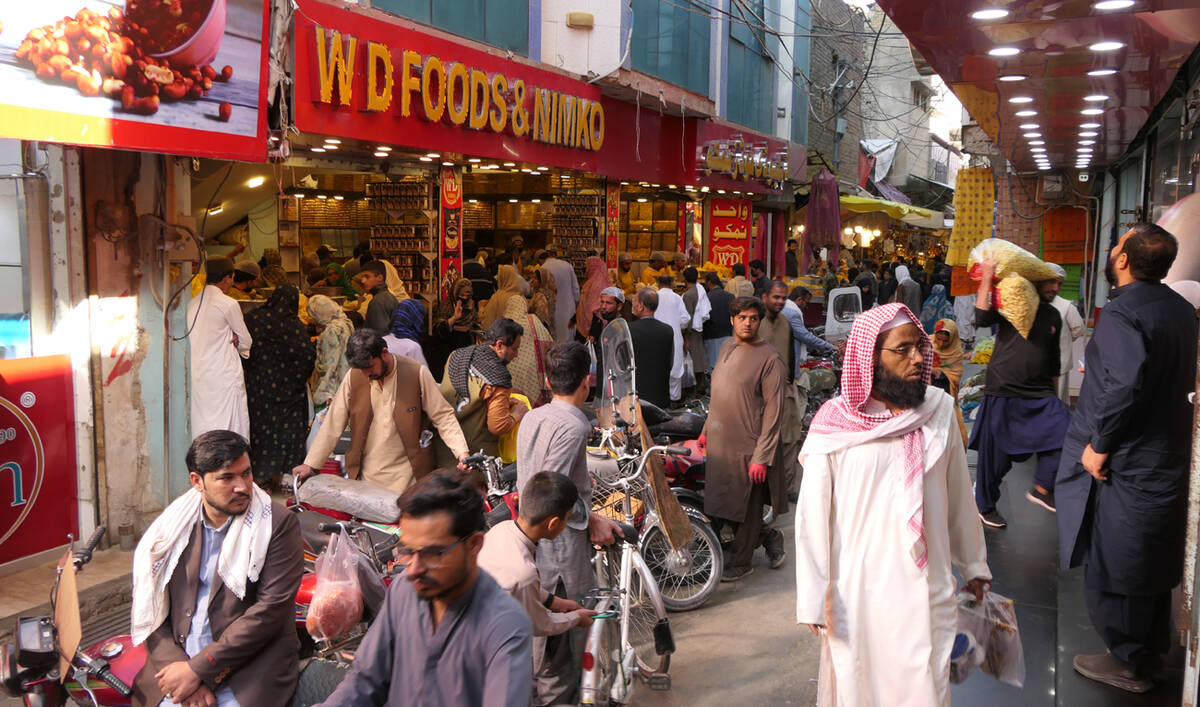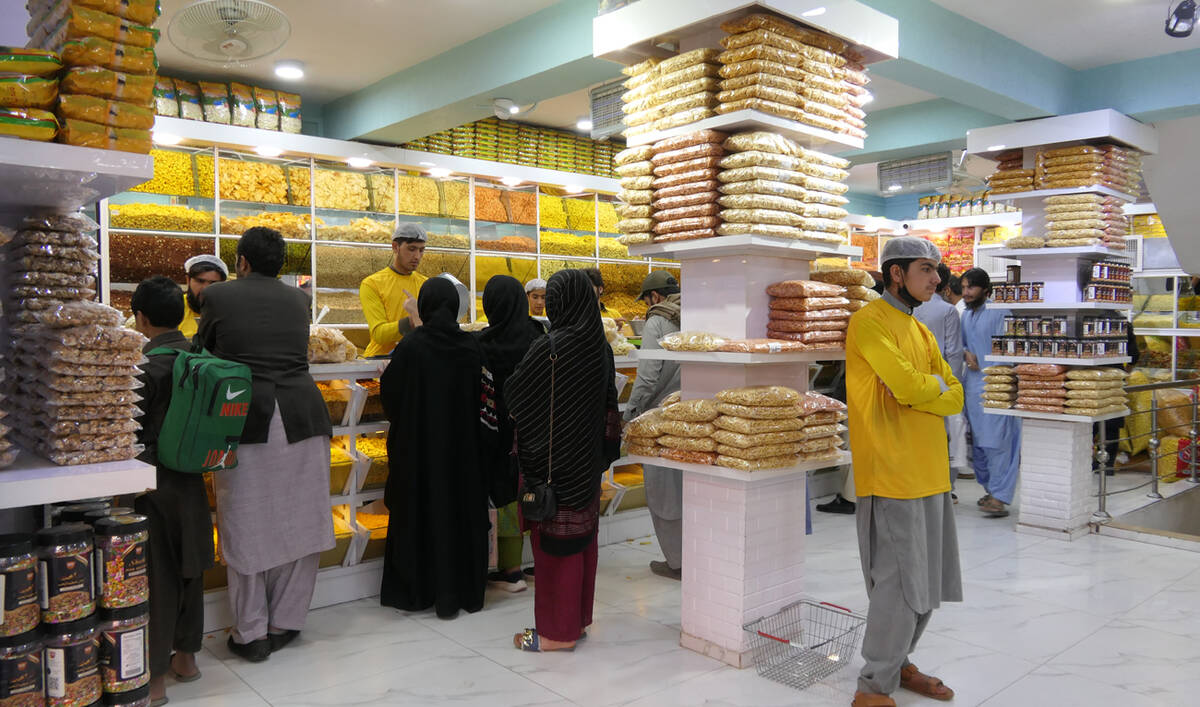ISLAMABAD: Pakistan’s Foreign Office on Sunday rejected as “dangerously delusional” the remarks by Indian External Affairs Minister Dr. Subrahmanyam Jaishankar on the status of Indian-administered Kashmir, calling for a meaningful dialogue to resolve the internationally recognized Kashmir dispute.
Jaishankar said on Friday that as far as Jammu and Kashmir was concerned, India had repealed Article 370, which granted special autonomous status to the part of Kashmir controlled by New Delhi, and the era of uninterrupted dialogue with Pakistan was over, India Today reported.
In 2019, New Delhi annulled Article 370 of the Indian constitution and also struck down Article 35A, which prohibited the purchase of property by people from outside the disputed territory, prompting a strong protest by Pakistan.
In a statement on Sunday, Pakistan’s Foreign Office spokesperson Mumtaz Zahra Baloch said the Kashmir dispute was internationally recognized and it must be resolved in accordance with the United Nations Security Council (UNSC) resolutions and the wishes of the Kashmiri people.
“Pakistan unequivocally rejects any narrative that suggests that the Jammu and Kashmir dispute has been or can be settled unilaterally,” she said. “Such claims are not only misleading but dangerously delusional, as they blatantly disregard the on-ground realities.”
Relations between India and Pakistan stand frozen since New Delhi’s revocation of the special autonomous status of Kashmir. The two neighbors have fought three wars, two of them over Kashmir, which they both claim in full but rule in part.
Baloch said India’s unilateral actions in Kashmir “cannot and will not change this reality” and that Pakistan was committed to diplomacy and dialogue, but it would respond with “unyielding resolve to any hostile actions.”
“True peace and stability in South Asia can only be achieved through a settlement in accordance with UNSC resolutions and inalienable rights of the Kashmiri people,” she said.
“Pakistan, therefore, calls on India to abandon its provocative rhetoric and baseless assertions about IIOJK, and to instead, engage in a meaningful dialogue for a just, peaceful, and lasting resolution of the Jammu and Kashmir dispute and for durable peace in South Asia.”
Pakistan says India’s claims on Kashmir ‘dangerously delusional,’ calls for meaningful dialogue
https://arab.news/4jmtc
Pakistan says India’s claims on Kashmir ‘dangerously delusional,’ calls for meaningful dialogue

- Indian minister recently said as far as Jammu and Kashmir was concerned, India had repealed Article 370 that granted special autonomy to region
- Islamabad says it unequivocally rejects any narrative that suggests that the Jammu and Kashmir dispute has been or can be settled unilaterally






















